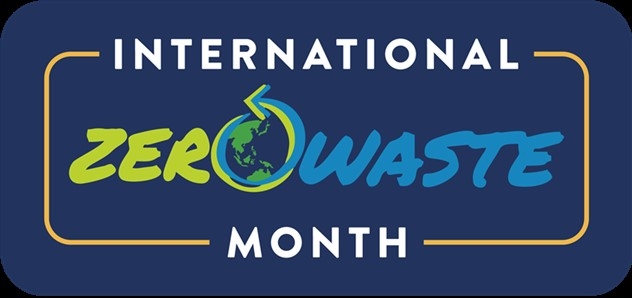02 February 2024 – The International Zero Waste Month (IZWM) marks a critical juncture in the global fight against single-use plastics (SUPs). The Asia Reuse Consortium, a groundbreaking initiative, was established in Jakarta, Indonesia on January 11, comprising 18 individuals from 13 countries, including Indonesia, the Philippines, and Vietnam. This diverse network includes Civil Society Organizations (CSOs), businesses, and government officials, united by a mission to champion reuse as a practical, sustainable, and effective solution to SUPs.
In stark contrast to the linear nature of SUPs, the reuse model is designed for multiple lifecycles, offering economic benefits to communities while mitigating environmental impact. Approximately one-third of plastic packaging currently finds its way into the environment, highlighting the urgent necessity of transitioning to reuse. Embracing reuse systems presents an opportunity to reduce plastic pollution by 30 percent by 2040 and potentially decrease greenhouse gas emissions from packaging production by a staggering 80 percent.
Addressing this need, the Asia Reuse Consortium, initially convened by advocacy group Dietplastik Indonesia, with support from the Global Alliance for Incinerator Alternatives (GAIA) Asia Pacific, aims to spearhead the shift by advocating for the widespread adoption of reusable solutions across industries. With a specific focus on minimizing the impacts of SUPs, the consortium seeks to create a positive ripple effect by fostering collaboration among stakeholders, influencing business strategies, and advocating for supportive policies.
Tiza Mafira, Executive Director of Dietplastik Indonesia, highlights the benefits of choosing reusable items, stating, “Choosing reusable items not only helps the environment but also reduces emissions. By using less plastic in production and recycling, we cut down on waste. It’s a win-win for both sustainability and our planet.”
However, the success of reuse systems hinges on collective effort. The Consortium underscores the need for initiatives from forward-looking businesses and the support of local and national governments. This collaborative effort, with businesses and government units as active members, aims to actively promote the adoption of reusable packaging solutions. The approach involves emphasizing the benefits of sustainability and environmental protection, fostering collaboration among CSOs, businesses, and government bodies to facilitate knowledge exchange and initiatives supporting the advancement of reuse systems.
Froilan Grate, Regional Coordinator of GAIA Asia Pacific, summarizes the significance of the consortium’s emphasis on reuse. He states, “We promote reuse because reuse systems are accessible, affordable, and enhance people’s lives. We acknowledge that transitioning away from SUPs requires time but the process should be transparent, fair, and rooted in shared principles, cross-sector collaboration, and, most importantly, community-based solutions.”
The significance of the Asia Reuse Consortium extends beyond Indonesia, holding immense importance for the entire Asia Pacific region. Contrary to the blame often placed on the Global South for plastic pollution, the Asia Reuse Consortium stands at the forefront, paving the way for the reuse revolution.
##############
The Reuse Consortium is a collaborative network of CSOs, businesses, and government officials dedicated to promoting reuse as a sustainable alternative to single-use packaging.
GAIA is a network of grassroots groups as well as national and regional alliances representing more than 1000 organizations from 92 countries. With our work, we aim to catalyze a global shift towards environmental justice by strengthening grassroots social movements that advance solutions to waste and pollution. We envision a just, Zero Waste world built on respect for ecological limits and community rights.






